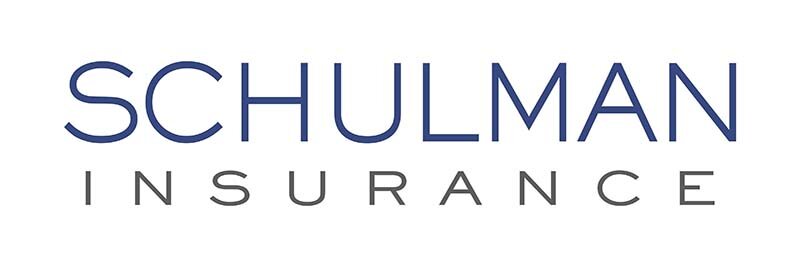Illinois Enacts the Transportation Benefits Program Act
Illinois signed into law the Transportation Benefits Program Act [Public Act 103-0291] (the “Act”) on July 28, 2023. Set to take effect January 1, 2024, the Act requires certain covered employers in Illinois to allow covered employees the option to exclude from taxable wages the employee’s commuting costs for the purchase of a transit pass to use public transit or for the purchase of qualified parking, up to the maximum amount permitted under federal law.
Covered Employers A covered employer under the Act is one that meets all the following requirements:
• Employs 50 or more full-time employees (works at least thirty-five hours per week and receives compensation on a full time basis;
• The 50 or more full-time employees are employed at an address that is within one of the specified geographic areas; and,
• That location is within 1 mile of a fixed-route transit service run by the Regional Transportation Authority (RTA).
The physical address must be within 1 mile of a fixed-route transit service in one of the following areas:
Covered Employees
A full-time employee working at a location meeting the above-referenced criteria is covered by the Act and must be allowed to payroll deduct contributions towards a transit pass. While an employer may choose to extend such a program to employees at all locations, the Act only applies to those locations that employ 50 or more covered employees.
The employee must be eligible to participate in the transit program beginning the employee’s first full pay period following 120 days of employment. Employer Action It is unclear whether the 120-day employment period before a covered employee must be able to participate in a qualified transit program will begin accruing after the law takes effect January 1st, 2024, or if employment leading up to the effective date will also be counted for this purpose.
As such, conservative covered employers may wish to ensure a program is in effect for January 1st, 2024. Compliant programs are offered by the CTA and the RTA, as well as many third-party vendors.

